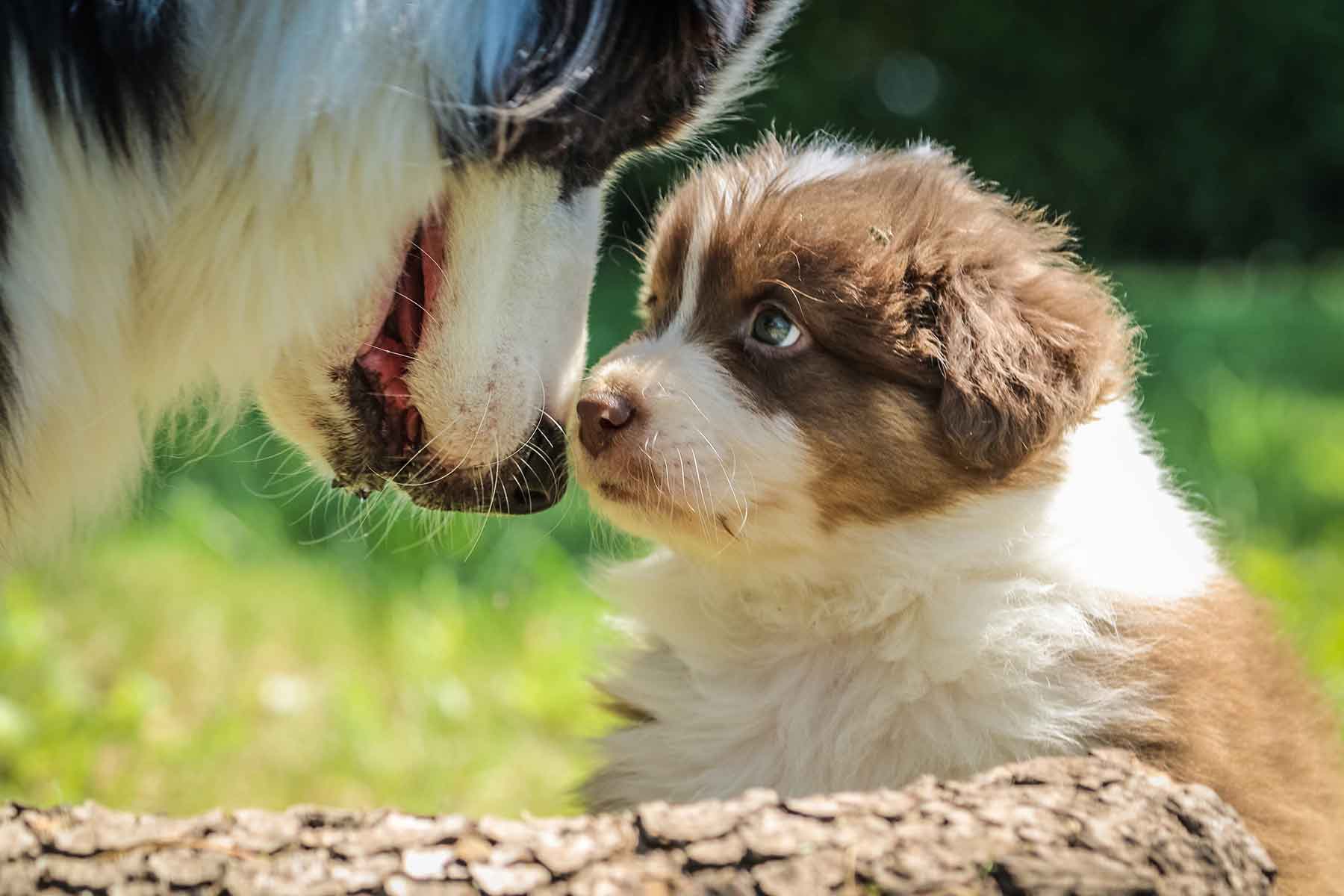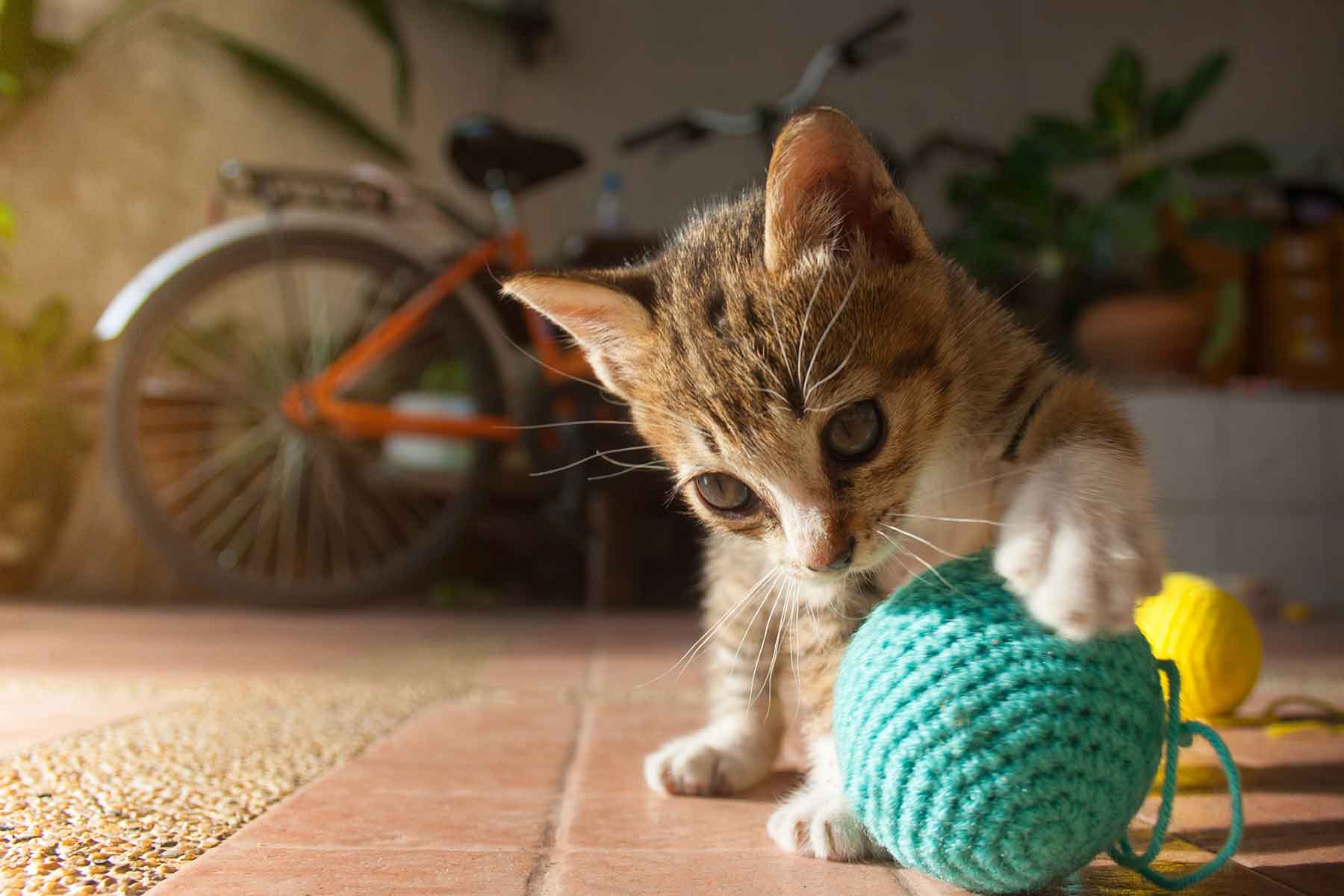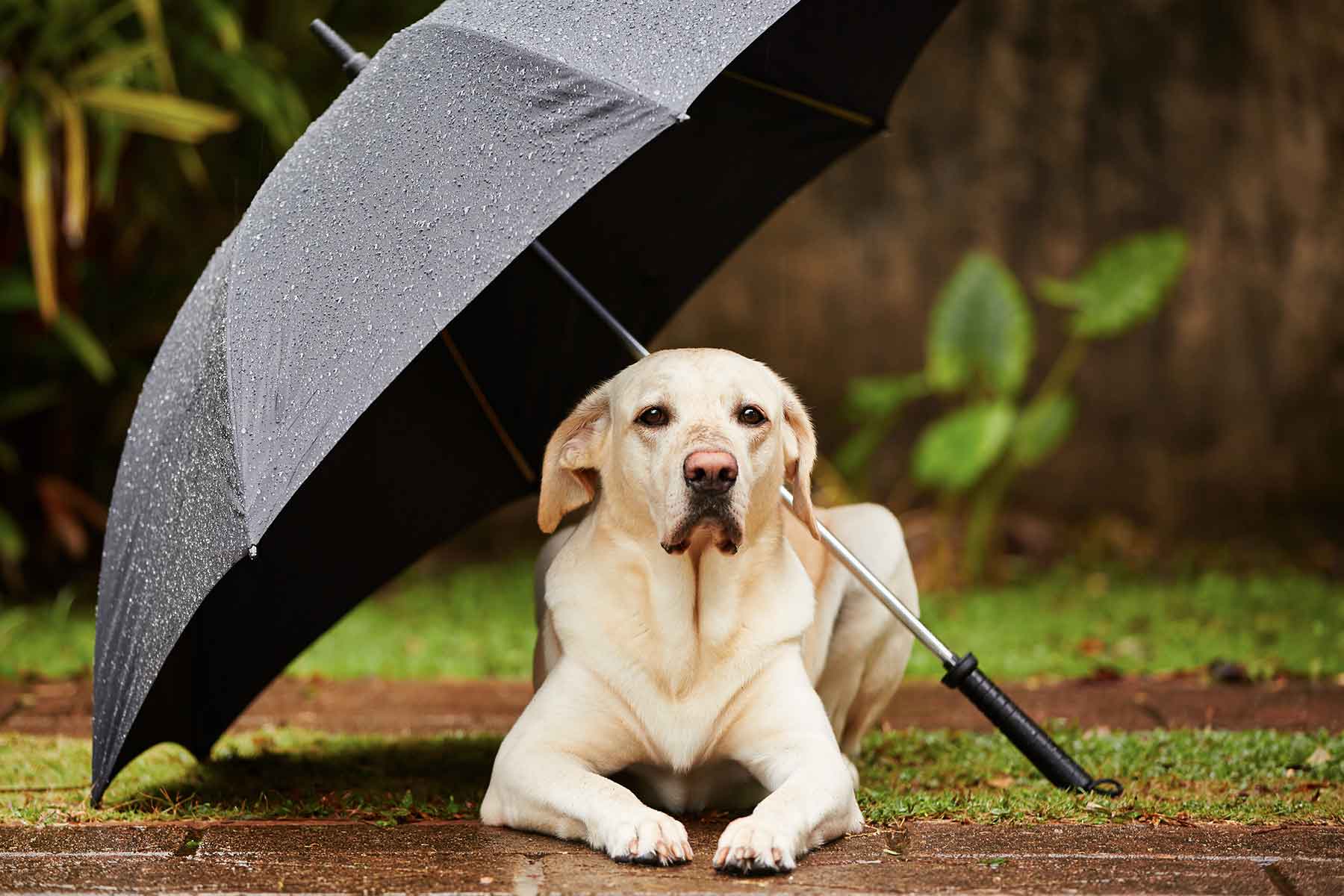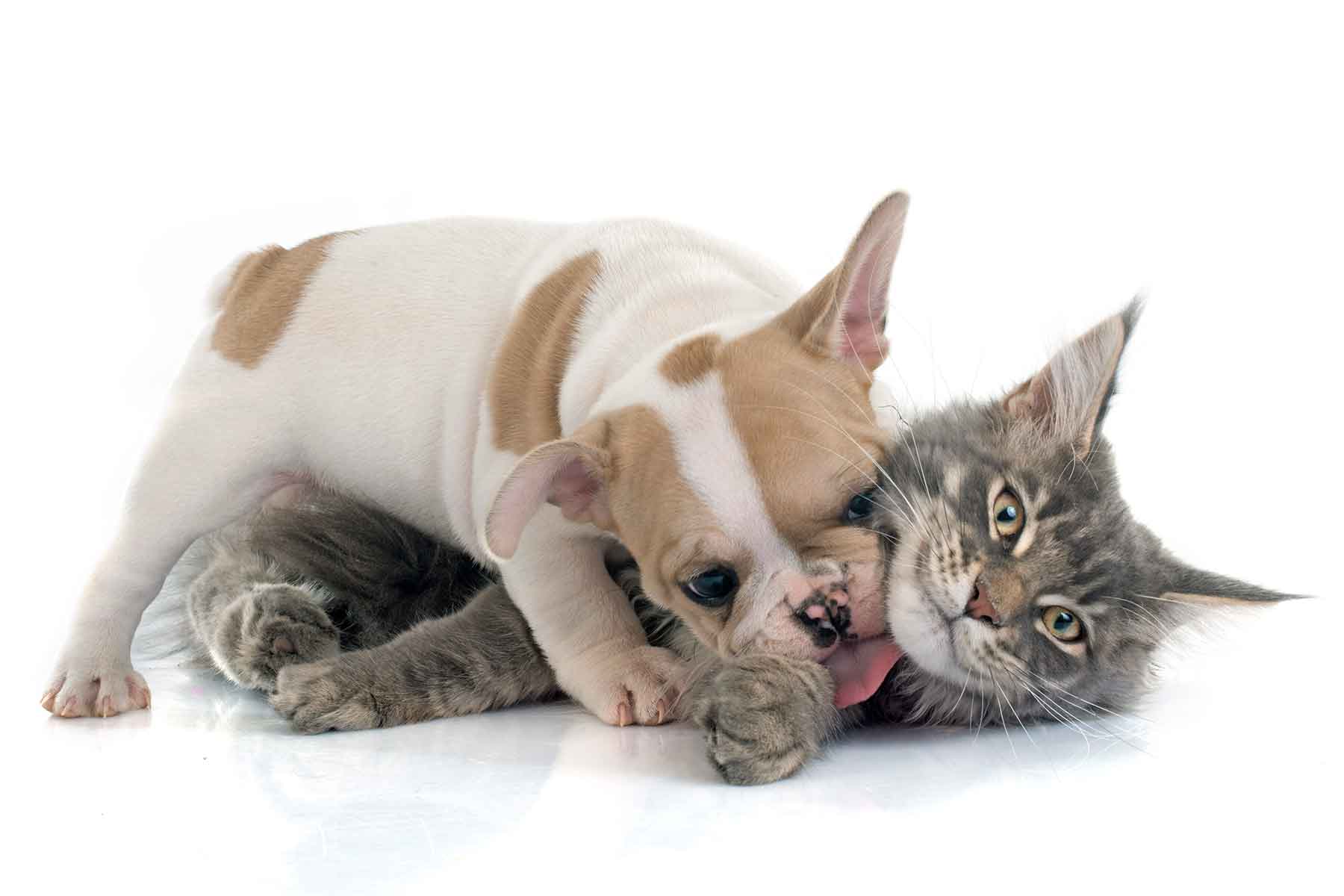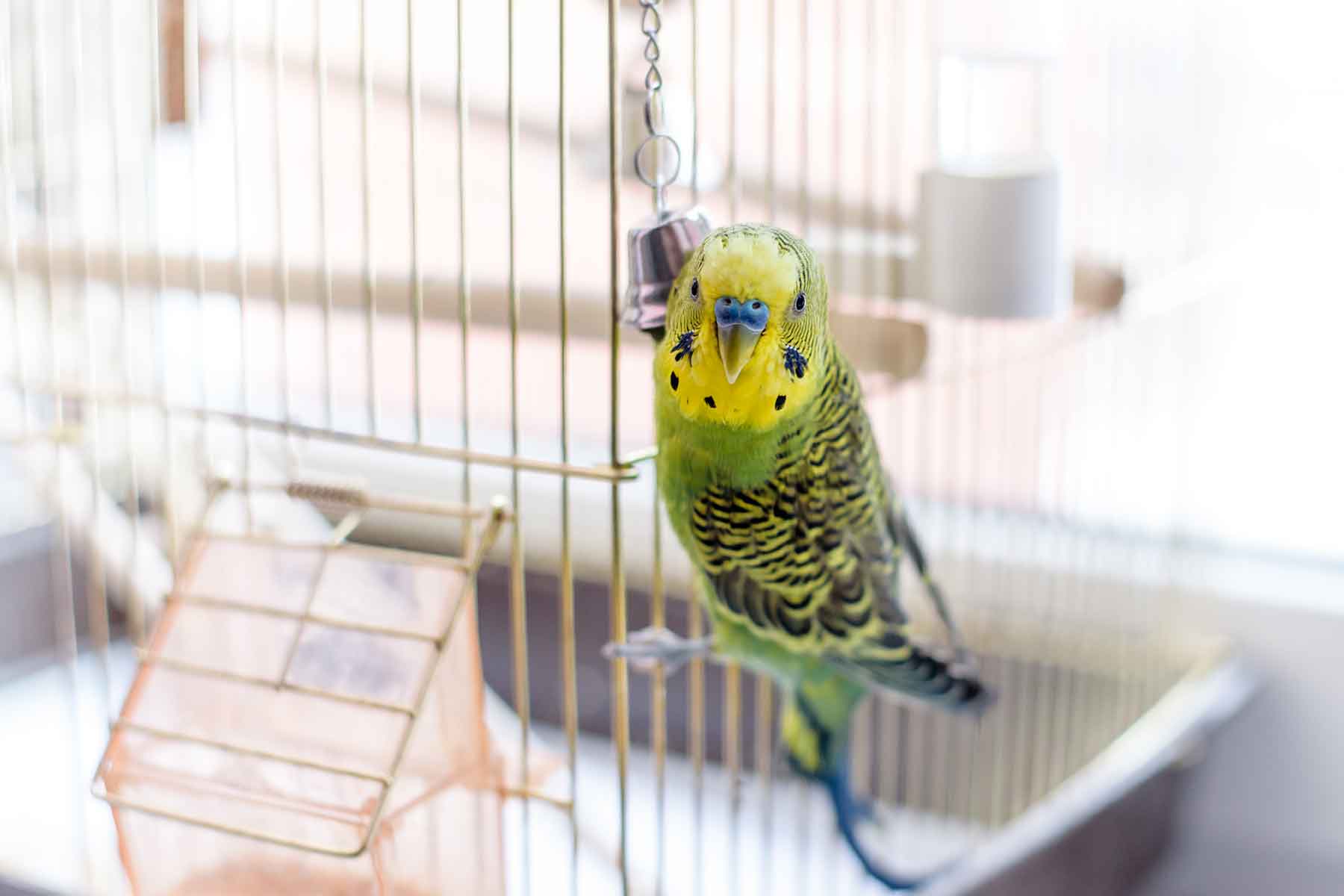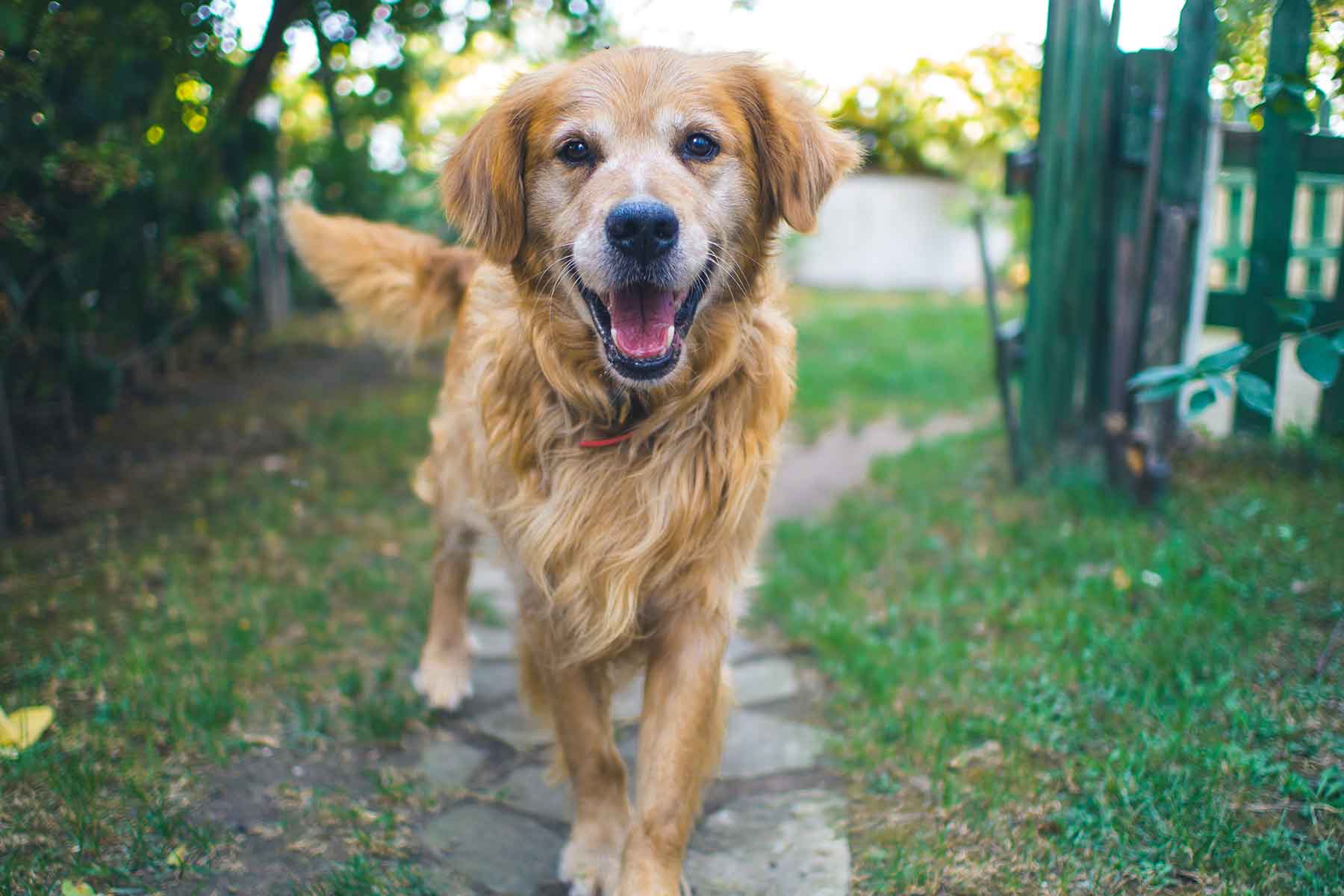Every year, thousands of pets are injured or killed in motor vehicle accidents. While some of these incidents might have been beyond our control, many could have been prevented.
Follow these important tips, to you keep you and your dog safe and comfortable when travelling in the car.
1: Identification.
Make sure your pet is microchipped and their collar is up to date with their council registration tag, name and phone number.
2: Secure your dog in the vehicle.
A loose pet is a danger to you and your dog. Every year, tens of thousands of dogs are injured or killed in car-related incidents. Some jump unexpectedly from open windows, while others are projected during accidents. If you don’t plan to crate your dog during your trip (recommended for small dogs), these items are essential for safe driving with your dog:
- A harness that can be attached to a seat belt.
- Engage the child safety lock to prevent your dog from opening the door during transit.
- A ventilated console barrier will keep pets away from the driver.
It is also a good idea to prevent your pet from travelling with their head out of the car. Even though some pets love to ride with the wind in their face there are many dangers of doing so, including dangerous flying objects and also the possibility that they may jump from the car whilst it is moving.
Speak with your veterinarian to see which of these products they recommend for your pet, based on their condition and size.
3: Transporting dogs in utes.
Cage or tether your dog at all times if they travel in the back of utes, tray backs or trucks. This stops a dog from falling out or injuring itself, and fulfils your legal obligation to make sure your dog is safe.
Provide shelter with an enclosed cage
The safest way to transport a dog in the back of an open vehicle is in an enclosed cage.
Ensure the cage is:
- the right size – to prevent cramping and overcrowding
- well covered – to provide shelter from sun, wind and rain
- placed behind the cabin – to minimise exposure to dust and wind.
Tether properly to the cabin
When tethering your dog to the back of the ute, ensure that the lead or chain:
- is attached to a secure neck collar or properly fitted dog harness
- is secured to a point in the middle of the cabin
- is the right length (long enough to allow the dog to move about comfortably, but not long enough for the dog to reach the ute’s side)
- has swivels at both ends to prevent it becoming entangled.
Take extra care in hot or dusty conditions
To avoid heat stress, provide sufficient shelter for the dog, including:
- covering the metal floors – utes and tray backs made of metal can heat up quickly and burn dogs’ paws
- giving your dog water to prevent dehydration during long, hot journeys
- providing extra shelter when travelling in very dusty conditions to prevent dust particles harming dogs’ eyes, ears, nose and lungs.
Secure loose equipment
Loose tools and equipment can become missiles in transit and may seriously injure your dog.
Avoid choker chains
Leads with attached choker chains can strangle dogs when vehicles brake suddenly. Don’t use them.
4: Keep your dog hydrated, cool, and comfortable.
Ensure your dog is well-hydrated and comfortable. NEVER leave a dog in a hot car, and be sure their space is well-ventilated. If your dog is in a crate, be sure they has plenty of room to turn, stand, and move. To avoid car sickness don’t feed your dog immediately before the trip, or in a moving car.
5: Reward your dog at the end of your journey.
Be sure to reward your dog with a nice treat, a belly rub, or a new toy, then take a nice long walk to stretch your legs and theirs.
For tips on holidays and long distance car rides with your pet, visit:
https://www.vetwest.com.au/pet-library/travelling-by-car-with-your-pet

